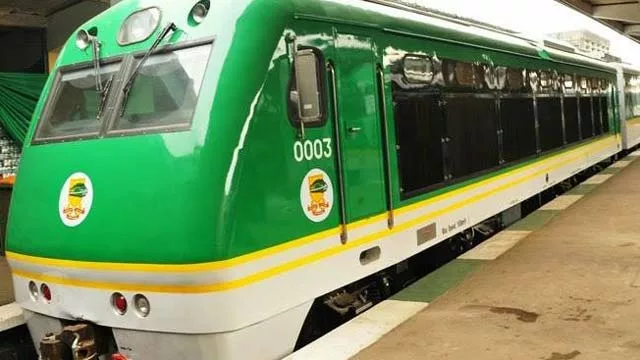Nigeria’s commitment to sustain its rail development is not merely an infrastructural venture; it is a fundamental step towards transforming its economic landscape and fostering inclusive growth. Over the past decade, there has been a remarkable resurgence in Nigeria’s rail sector, characterised by extensive investment and ambitious projects. However, this progress should not be seen as an endpoint; instead, it must be the beginning of a sustained effort to expand, modernise, and optimise the country’s railway network.
The importance of a robust railway system in Nigeria cannot be overstated. A well-functioning rail network is critical for unlocking economic potential, reducing transportation costs, and improving connectivity across the country. It facilitates the movement of goods, services, and people, driving trade, stimulating investment, and fostering regional integration. In addition, a reliable rail system helps alleviate the burden on roads, reducing congestion, accidents, and the wear and tear of vehicles.
The recent strides in Nigeria’s rail development are commendable, with projects such as the Lagos-Ibadan railway and the Abuja-Kaduna railway setting new standards. However, sustaining this momentum is crucial. The government must continue to prioritise rail development and allocate adequate resources to ensure that planned projects are completed on time and within budget. Moreover, there should be a concerted effort to expand the network, connecting more cities and regions and extending into rural areas.
A sustainable rail development strategy requires not only investment but also effective management, maintenance, and regulation. The government must ensure that the railway infrastructure is well-maintained, safe, and reliable. This involves implementing rigorous safety standards, investing in technology and training, and fostering a culture of accountability and transparency. Furthermore, there is a need to strengthen regulatory frameworks to attract private sector participation and ensure fair competition.
Sustainable rail development also entails leveraging technology and innovation to improve efficiency, reduce costs, and enhance the overall customer experience. This includes the adoption of digital signaling systems, the use of renewable energy sources, and the introduction of e-ticketing and online booking platforms. By embracing innovation, Nigeria can create a modern and competitive rail network that meets the needs of the 21st century.
Moreover, sustained rail development can have a profound impact on Nigeria’s economic and social development goals. It can facilitate the growth of industries, such as manufacturing, agriculture, and tourism, by providing efficient and cost-effective transportation solutions. Additionally, it can promote urbanisation, reduce poverty, and bridge the gap between rural and urban areas. A well-connected rail network can also play a vital role in disaster management, emergency response, and national security.
However, sustaining rail development requires a multi-stakeholder approach. It requires collaboration between the government, private sector, civil society, and international partners. It also necessitates the involvement of local communities and the consideration of environmental and social impacts. By working together, Nigeria can overcome the challenges and realise the immense potential of its rail sector.
The need for Nigeria to sustain its rail development cannot be overstated. A well-functioning rail network is critical for unlocking economic potential, reducing transportation costs, and improving connectivity across the country. By prioritising investment, effective management, innovation, and collaboration, Nigeria can create a modern and competitive rail network that drives economic growth, fosters social development, and enhances the quality of life for all its citizens. Nigeria needs to stay on track and ensure that its rail development remains a top priority.





